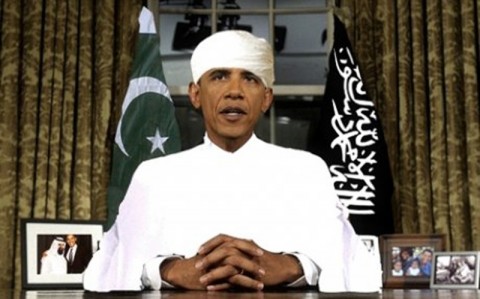
For decades, U.S. policy toward the Middle East has been paralyzed by "the Islamist dilemma". How can the United States promote democracy in the region without risking bringing Islamists to power? Now, it seems, the United States no longer has a choice. Popular revolutions have swept U.S.-backed authoritarian regimes from power in Tunisia and Egypt and put Libya's on notice.
Views:
N0TS0SUBTLE
Just to beat the ignorant, blind haters to the punch, the "Christians" who are guilty of the murder of millions known as the Crusaders were Catholic which are not to be confused with Christians who abide with in the Bible. And the innocents the Catholics murdered were Christians which tells you right there that they dont practice Christ's teachings. Jesus is the only Truth.
youtube.com
Omar N.
As expected from a Saban scholar the stress is on what the USA, Israel and the West in general , NOT what pan Arab public opinion , view and perceive as of utmost importance and urgency to Arabs.
According to the former, the USA etc but also implicitly embraced and seconded by the author, it is democracy, sex equality etc while deliberately, or naively, ignoring what is far more important to Arabs.
foreignaffairs.com
Aaron Winter
Conspiracy theories have provided a vehicle for the expression and representation of the extreme-
right’s fears about threats to white supremacy and America and served as justi
fication for their political mobilization, activism, and violence. While the conspirators in such theories have included internal and external enemies or threats, there has been a consistent stable of usual suspects that relate to America’s racial, political, ideological, and regional fault-lines.
academia.edu